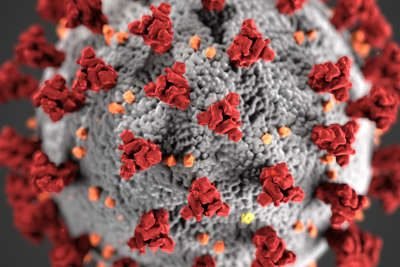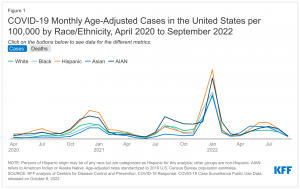At a meeting to simplify the nation’s covid vaccination policy, the FDA’s panel of experts could agree on only one thing: Information is woefully lacking about how often different groups of Americans need to be vaccinated. That data gap has contributed to widespread skepticism, undervaccination, and ultimately unnecessary deaths from covid-19.
The committee voted unanimously Thursday to support the FDA’s proposal for all vaccine-makers to adopt the same strain of the virus when making changes in their vaccines, and suggested they might meet in May or June to select a strain for the vaccines that would be rolled out this fall.
However, the panel members disagreed with the FDA’s proposal that everyone get at least one shot a year, saying more information was needed to make such a declaration. Several panelists noted that in recent studies, only about a third of people hospitalized with a positive covid test actually were there because of covid illness. That’s because everyone entering a hospital is tested for covid, so deaths of patients with incidental infections are counted as covid deaths even when it isn’t the cause.
The experts questioned the rationale for annual shots for everyone, given that current vaccines do not seem to protect against infection for more than a few months. Yet even a single booster seems to prevent death and hospitalization in most people, except for the very old and people with certain medical conditions.
“We need the CDC to tell us exactly who is getting hospitalized and dying of this virus — the ages, vulnerability, the type of immune compromise, and whether they were treated with antivirals. And we need immunological data to indicate who’s at risk,” said Dr. Paul Offit, director of the Vaccine Education Center and a pediatrician at Children’s Hospital of Philadelphia. “Only then can we decide who gets vaccinated with what and when.”
Offit and others have expressed frustration over the lack of clear government messaging on what the public can expect from covid vaccines. While regular boosters might be important for keeping the elderly and medically frail out of the hospital, he said, the annual boosters suggested by the FDA and the drug companies may not be necessary for everyone.


